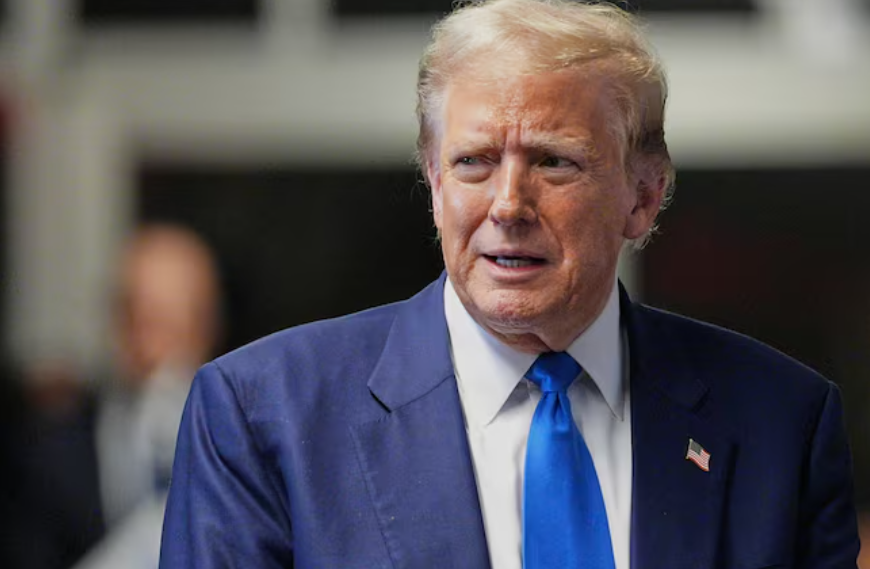Smith Completes Investigations and Steps Down
Jack Smith, the special counsel appointed to investigate two criminal cases involving President-elect Donald Trump, officially resigned from the Justice Department on Friday. His resignation came after completing his work on the investigations, marking the end of a significant chapter in the department’s history.
Justice Department officials announced Smith’s departure in a court filing to U.S. District Judge Aileen Cannon on Saturday. They urged Cannon not to extend a court order she issued last week, which temporarily blocked the release of Smith’s final report submitted to department leaders on Tuesday.
Justice Department Challenges Judge Cannon’s Order
The Justice Department strongly opposes Cannon’s order, arguing that it oversteps her authority. Officials assert that Cannon cannot prevent Attorney General Merrick Garland from releasing Smith’s findings. Currently, her order blocks the disclosure of Smith’s report until Monday.
Garland has publicly stated that he plans to release only the portion of Smith’s report related to the investigation into Trump’s efforts to subvert the 2020 election. However, he agrees with Smith’s recommendation to keep the other volume, which addresses the probe into Trump’s possession of classified documents at Mar-a-Lago, confidential. Garland intends to share this sensitive information with a select group of Congress members, citing ongoing efforts to revive a criminal case against two of Trump’s allies and former co-defendants.
Legal Battles and Political Implications
Smith’s resignation was widely anticipated and aligns with the Justice Department’s expectations. Trump has consistently criticized Smith, calling for his prosecution and even suggesting his expulsion from the United States.
The Justice Department declined to comment on Smith’s resignation, and Trump’s spokesperson did not respond to requests for comment. Smith’s departure concludes an extraordinary and tumultuous period in the Justice Department, marked by unprecedented criminal charges against Trump, the first former president to face prosecution.
Despite Smith’s efforts, both cases encountered significant legal hurdles. Judge Cannon dismissed the documents case in July, ruling that Garland lacked the authority to appoint Smith. Meanwhile, the Supreme Court delayed the 2020 election case for months, ultimately ruling in favor of Trump’s claim to sweeping presidential immunity.
Trump’s re-election ended both cases, as Smith dropped the prosecutions, citing the Justice Department’s policy against prosecuting a sitting president. This allowed Smith to compile his findings in the final report submitted to Garland.
Uncertainty Surrounding the Report’s Release
Intense litigation over the report’s release continues, with the Justice Department urging the Atlanta-based 11th Circuit Court of Appeals to lift Cannon’s order. The timeline for public access to the report remains uncertain, as the 11th Circuit has yet to act.
Trump’s former co-defendants, Walter Nauta and Carlos De Oliveira, have requested an extension of Cannon’s order. They seek assurances that any released information will not implicate them. The Justice Department, however, has appealed Cannon’s order, which typically prevents the district court from making further changes until the appeals court decides.
If the report remains undisclosed by Trump’s inauguration on Jan. 20, its future release becomes uncertain under a Trump-led Justice Department. While Trump and his allies warn of potential leaks if Garland shares the report with Congress, the only public details have come from Trump and his attorneys. In a letter, Trump’s lawyers described the report as portraying Trump as the leader of unprecedented criminal efforts and conspiracies.
Trump also suggested in a recent press conference that the final report could span 500 pages.

